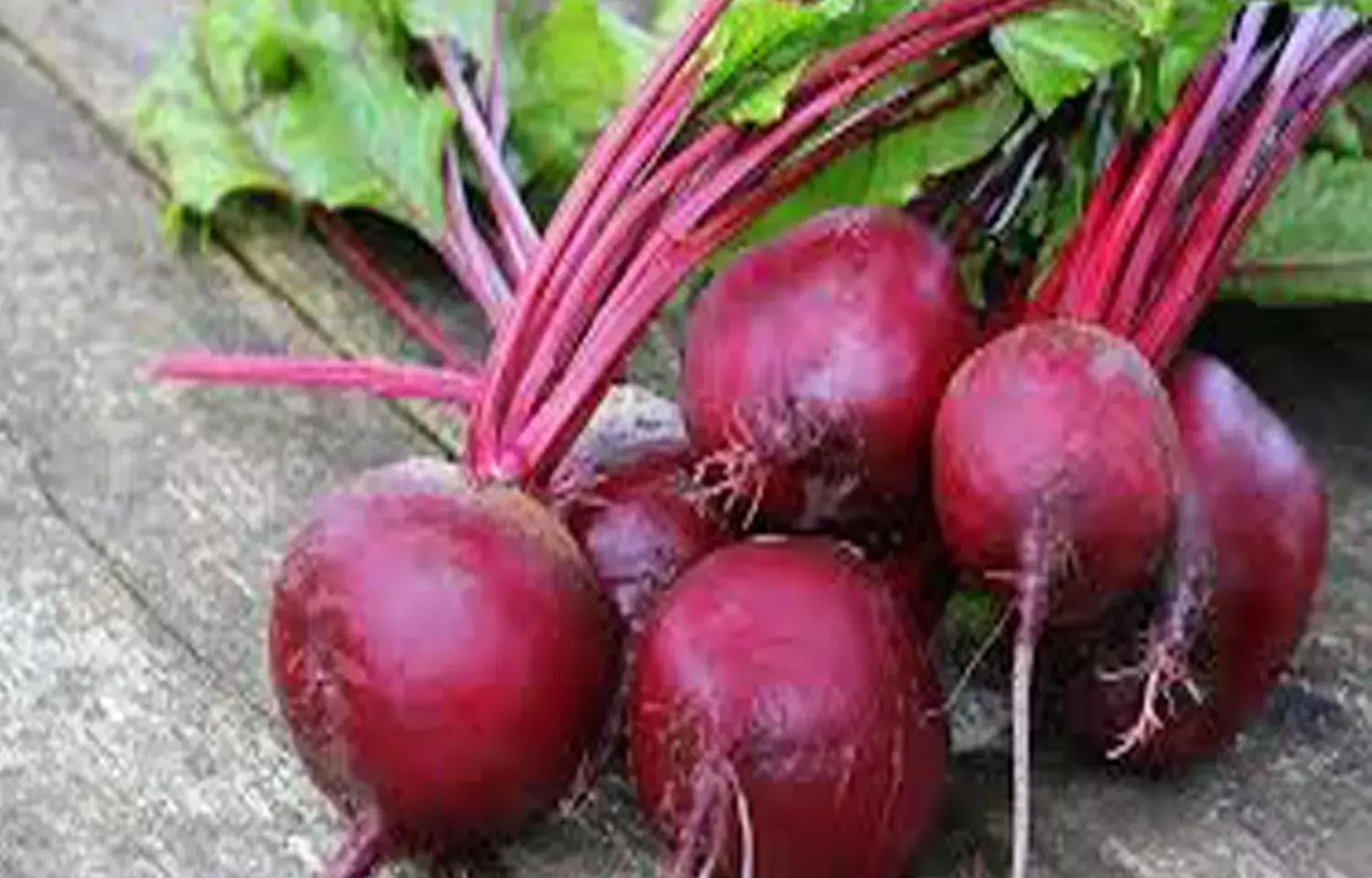- Home
- Medical news & Guidelines
- Anesthesiology
- Cardiology and CTVS
- Critical Care
- Dentistry
- Dermatology
- Diabetes and Endocrinology
- ENT
- Gastroenterology
- Medicine
- Nephrology
- Neurology
- Obstretics-Gynaecology
- Oncology
- Ophthalmology
- Orthopaedics
- Pediatrics-Neonatology
- Psychiatry
- Pulmonology
- Radiology
- Surgery
- Urology
- Laboratory Medicine
- Diet
- Nursing
- Paramedical
- Physiotherapy
- Health news
- Fact Check
- Bone Health Fact Check
- Brain Health Fact Check
- Cancer Related Fact Check
- Child Care Fact Check
- Dental and oral health fact check
- Diabetes and metabolic health fact check
- Diet and Nutrition Fact Check
- Eye and ENT Care Fact Check
- Fitness fact check
- Gut health fact check
- Heart health fact check
- Kidney health fact check
- Medical education fact check
- Men's health fact check
- Respiratory fact check
- Skin and hair care fact check
- Vaccine and Immunization fact check
- Women's health fact check
- AYUSH
- State News
- Andaman and Nicobar Islands
- Andhra Pradesh
- Arunachal Pradesh
- Assam
- Bihar
- Chandigarh
- Chattisgarh
- Dadra and Nagar Haveli
- Daman and Diu
- Delhi
- Goa
- Gujarat
- Haryana
- Himachal Pradesh
- Jammu & Kashmir
- Jharkhand
- Karnataka
- Kerala
- Ladakh
- Lakshadweep
- Madhya Pradesh
- Maharashtra
- Manipur
- Meghalaya
- Mizoram
- Nagaland
- Odisha
- Puducherry
- Punjab
- Rajasthan
- Sikkim
- Tamil Nadu
- Telangana
- Tripura
- Uttar Pradesh
- Uttrakhand
- West Bengal
- Medical Education
- Industry
Beetroot peptide as potential drug candidate for treating inflammatory diseases

In a recent study, a research group led by Christian Gruber at MedUni Vienna's Institute of Pharmacology isolated a peptide (small protein molecule) from beetroot. The peptide is able to inhibit a particular enzyme that is responsible for the breakdown of messenger molecules in the body. Due to its particularly stable molecular structure and pharmacological properties, the beetroot peptide may be a good candidate for development of a drug to treat certain inflammatory diseases, such as e.g. neurodegenerative and autoimmune diseases.
The peptide that occurs in the roots of beetroot plants belongs to a group of molecules that plants use inter alia as a chemical defence against pests such as e.g. bacteria, viruses or insects. "By analysing thousands of genomic data, our team was able to define a number of new cysteine-rich peptides and assign them phylogenetically in the plant kingdom. In this process, our attention was drawn to a possible function as so-called 'protease inhibitors'. The beetroot peptide can therefore inhibit enzymes that digest proteins," explains Gruber.
The beetroot peptide specifically inhibits prolyl oligopeptidase (POP), which is involved in the breakdown of protein hormones in the body and is therefore able to regulate inflammatory reactions. POP is a much-discussed drug target for neurodegenerative and inflammatory diseases, such as Alzheimer's and multiple sclerosis, for example. "This means that, in future studies, this group of plant peptides called 'knottins', such as those found in beetroot, could potentially provide a drug candidate for treating these diseases."
Peptide can be detected in commercial beetroot juice
The peptide not only occurs in the root vegetables but can also be detected in commercially available beetroot juice - albeit in very low concentrations. "Although beetroot counts as a very healthy vegetable, it would be unreasonable to hope that dementia could be prevented by regular consumption of beetroot," stresses the MedUni Vienna pharmacologist. "The peptide only occurs in very small quantities and it is not clear whether it can as such be absorbed via the gastrointestinal tract."
Using Nature's blueprint
The research work being conducted by Gruber's laboratory utilized the idea of harnessing Nature's blueprint to develop drug candidates. "We are searching through large databases containing genetic information of plants and animals, decoding new types of peptide molecules and studying their structure, aiming to test them pharmacologically on enzymes or cellular receptors (such as one of the prominent drug target classes, the so-called G protein-coupled receptors) and finally analysing them in the disease models," explains Gruber. Potential drug candidates are chemically synthesised in a slightly modified form based on the natural product, in order to obtain optimised pharmacological properties. This concept appears to be successful: a few years ago the research team generated a drug candidate T20K for MS with a synthesised plant peptide (cyclotide), which has recently been tested successfully in a Phase 1 trial by the Swedish firm Cyxone under a MedUni Vienna licence, and is now being prepared for a Phase 2 clinical trial.
https://pubs.acs.org/doi/10.1021/acs.jnatprod.0c00648
Hina Zahid Joined Medical Dialogue in 2017 with a passion to work as a Reporter. She coordinates with various national and international journals and association and covers all the stories related to Medical guidelines, Medical Journals, rare medical surgeries as well as all the updates in the medical field. Email: editorial@medicaldialogues.in. Contact no. 011-43720751
Dr Kamal Kant Kohli-MBBS, DTCD- a chest specialist with more than 30 years of practice and a flair for writing clinical articles, Dr Kamal Kant Kohli joined Medical Dialogues as a Chief Editor of Medical News. Besides writing articles, as an editor, he proofreads and verifies all the medical content published on Medical Dialogues including those coming from journals, studies,medical conferences,guidelines etc. Email: drkohli@medicaldialogues.in. Contact no. 011-43720751


